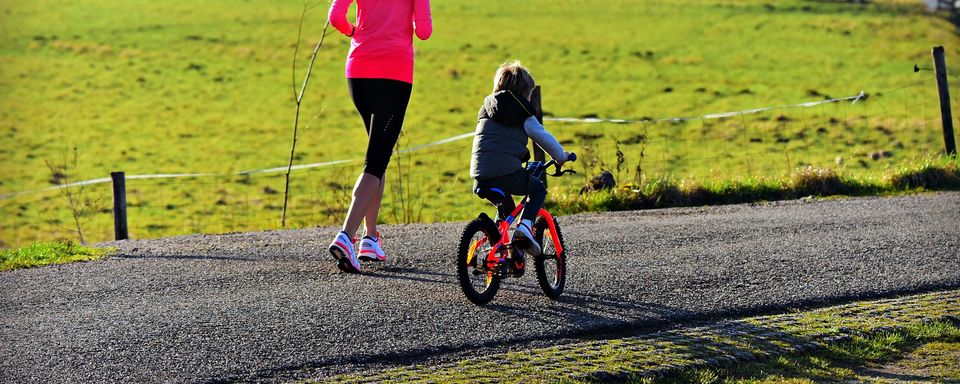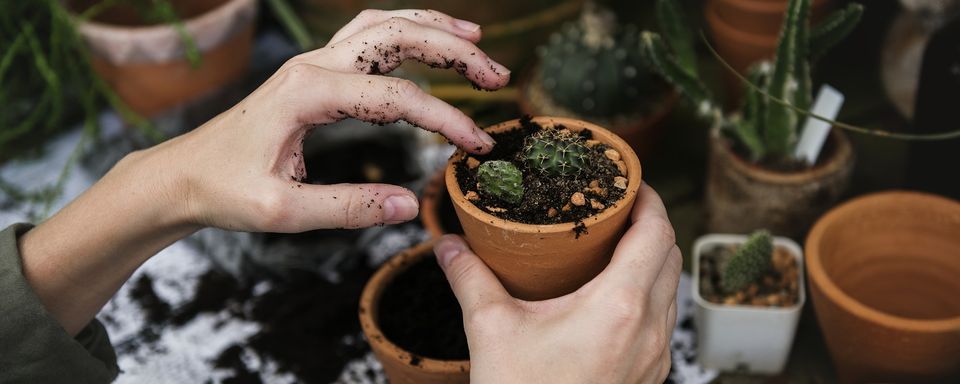15 eco-friendly tips you can ingrain in your children

They’re the next generation, so it makes sense to raise children with an awareness of the world they are creating. By instilling a sense of stewardship from a young age, you can rest easy that your children will be part of the solution, not the problem, and it’s simpler than you might think.
Take a look at these common-sense but effective tips and see which might make a tangible difference in your family home.
1. Turn off the taps
Taps don’t need to be left running while teeth are being cleaned, so get everyone in the habit of turning them off. Explaining about saving water will help.
2. Upcycling is cool
If a favourite piece of clothing gets damaged, don’t throw it away; change it up instead. Add some patches, appliqué and fabric paint and have fun with visible mending techniques.
3. Use bicycles more
By cycling as a family, your children will keep fit, enjoy a healthy dose of fresh air and recognise that the car is for long journeys only.

4. You don’t have to eat meat
Vegan and vegetarian lifestyles are enjoying a surge in popularity right now, and getting your children involved, even on a part-time basis, is a good idea.
5. Jumpers before heating
When it’s cold, reach for a jumper instead of the thermostat. Explain about energy saving and get in the habit of snuggling up.
6. Not everything needs to be new
Second-hand clothes and toys are a great way to avoid a consumer mindset. Describing items as 'pre-loved' adds an extra positive spin.
7. Recycling is fun
Going through the household rubbish and reading the labels on everything to find out what can be recycled is a lot more fun than it sounds. You could even talk about what things might be made into.
8. Fashion can be eco-friendly
Swapping out plastic sunglasses for sustainable wooden shades and always looking for eco-friendly fabrics will get your children learning about the impact of their fashion choices.
9. Plants work hard

Our leafy friends don’t just look nice, they also give us cleaner air, so teaching little ones how to care for them is key. You could use this as a chance to talk about using grey water, too.
10. Donate to charity
Just as you want to buy second-hand items, you should talk about the full cycle of things and encourage donating to charity shops in return. A great way to discuss sharing and generosity, as well as eco-friendliness.
11. Don’t waste paper
For sketching, try using newspapers and both sides of paper to be less wasteful. You could then use the paper again, as papier mâché ingredients for more craft projects.
12. Make more, buy less
Crafting together will get the message across that you can make many of the things you need, rather than buying them. Old T-shirts can be made into pencil cases, for example.
13. Respect the outdoors
Gardening is a great pastime for children, as they can learn about growing food, being kind to animals and how important species like bees are.
14. Turn off the lights

When you leave a room, the light goes off. It’s as simple as that. It makes a huge impact on energy waste, which children will be excited to contribute to.
15. Pick Up Three Pieces
This initiative encourages you to pick up three pieces of rubbish whenever you visit a beach, to keep the sea plastic-free. Safety comes first, so having your children point out three pieces of rubbish for you to put in a bin is best.
By putting any of these tips into practice, you’ll have some of the most eco-friendly children around. They’ll take the lessons forward into their adult years as well and maybe, just maybe, help to reverse the problems we are facing right now.
